As someone who makes a living by selling books, I’ve been concerned about the eroding prices as evidenced by Amazon’s Bestseller list. Don’t get me wrong, I’m not one of these people who believe in “sticking it” to readers and having e-books priced at $12.99, $14.99 and $16.99. But I do think books provide an excellent entertainment value, and it seems to me that prices in the $5.99 to $9.99 range provides both good income to writers and an exceptional value for the reader. After all, a Quarter Pounder with Cheese, fries, and a Coke runs me $7.50, and I enjoy that a lot less than I do a full-length novel.
Maybe it’s just because of the approaching holiday season, where sales are designed to lure huge numbers of buyers, but I have seen some disturbing signs. Having short stories priced at $0.99 is fine, but I’ve always thought that the $0.99 price point for full-length novels was just too low. So I was surprised when I looked at the Bestseller list on 11/15/2013 and found eight multiple-book bundles (offering 4 to 10 full-length novels) all for $0.99. That’s $0.10 to $0.25 per novel! I guess the dime novel is making a come back in a big way.
Another disturbing observation, relates to movie tie-ins. In the past, getting a movie deal meant a nice income injection for the author. Many people want to read the book before seeing the movie and usually there are re-releases of books that are about to hit the big screen. Right now the e-book version of Ender’s Game is running $3.99 and The Book Thief is just $2.90. Are these bargain basement prices really needed to drive demand? If a multi-million dollar movie, and millions more in advertising spent to promote it, isn’t enough to drive interest to a book then what chance do books without this type of exposure have?
It used to be that the “cheap books” (those priced $0.99 to $2.99) were pretty much the price point for self-published authors—writers who were giving readers an incentive for giving their books a try. But now the big publishers are using this price point as well. My publisher has had Brian McClellan’s Promise of Blood priced at $1.99 for several months now, even though it is a hardcover release and the discounted e-book price was set when the book was still than six months from release. George R.R. Martin has both his first and last books right now priced at $2.90. These have been dominating the top spots of the Epic Fantasy Bestseller list for years, but now they need deep discounting? Is this really what it has come to? Has the bestsellers list, which at one time indicated what was ‘hot,” now just a list of what’s the cheapest?
Here is the breakdown of the Top 100 (taken from 11/15/2013) by price.
- 5% come from magazine subscriptions with a monthly fee
- 20% are priced $0.99 or less
- Only about 1/3 are in the $5 to $10 “sweet spot range” (the price point where authors can make a decent living.
If we take subscriptions out of the picture we see that:
- 52% are priced under $5.00
- 35% are priced between $5.01 and $9.99
- 13% are priced over $10
That’s a disturbingly high number in the bargain basement. I, personally, would be much more comfortable with 15% over $10, 15% below $5 and the remaining 70% in the $5 to $10 range.
Hopefully, these figures are a momentary blip because of the holidays. I have nothing against a sale price from time to time and have myself grown my readership through the Kindle Daily Deal that got Theft of Swords into the Amazon Top 20, not once but twice. If low prices become more of “the norm,” or if readers start expecting books to be priced low, it doesn’t bode well for writers — traditional or self published.
Making a living by writing novels has never been easy. The ebook revolution has done amazing things for breaking the barriers and providing thousands of authors a full-time wage, allowing them to write more books for their rabid reading fans. But if this race to the bottom continues, then I fear the result will be a reversal of some of the gains authors have achieved.
I’ve never met an author who gets into this profession “for the money,” which is good considering how notoriously little authors are paid, but we all are looking for more time to apply our craft and that means elimination of the dreaded “day job.” If the expectation becomes bundles of books for under a dollar, and even block buster releases from major publishers can be had for less than the price of a cup of coffee, then the result will be even tougher times for the mid-list author. In the end, I don’t think that will be good for readers or writers.

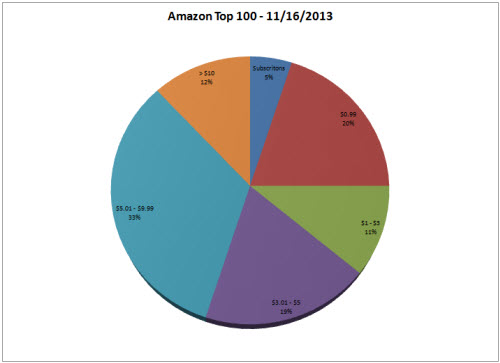



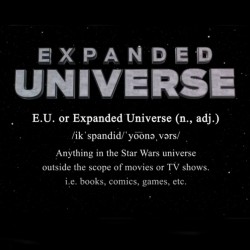
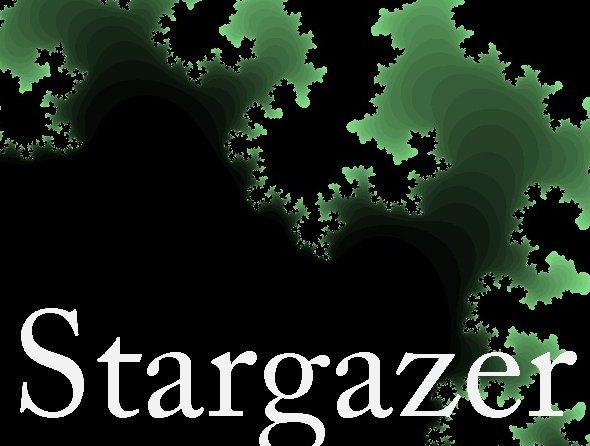
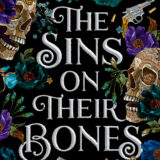
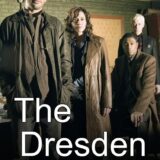
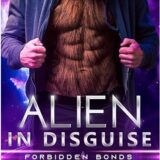
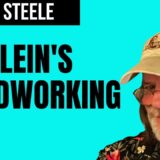

I want to see the price about 2/3 of the paperback price once the paperback is out.
I will buy a paperback rather then buy an ebook that is less then $2 off the ebook price.
As a reader I want to see a significant discount for e books.
If I am instead of buying a physical object I am only paying for a license to read a file on a specific set of devices. I am giving up the right to lend a book freely, give it away or leave my library to an organization of a person.
If i am getting much less I should pay much less. This is why I buy paperbacks unless there is a significant price difference.
Thanks for weighing in. Can you define “deep” discount. I should mention that I believe ebooks should be free if you already bought a paperback or audio edition.
But you are not paying for a physical object. You’re paying for hours of entertainment. Just like a movie — you don’t get to walk away with a physical object, but you paid for an experience. And you probably paid more for that 2 hour movie than you did for an ebook which gave you even more hours of fun.